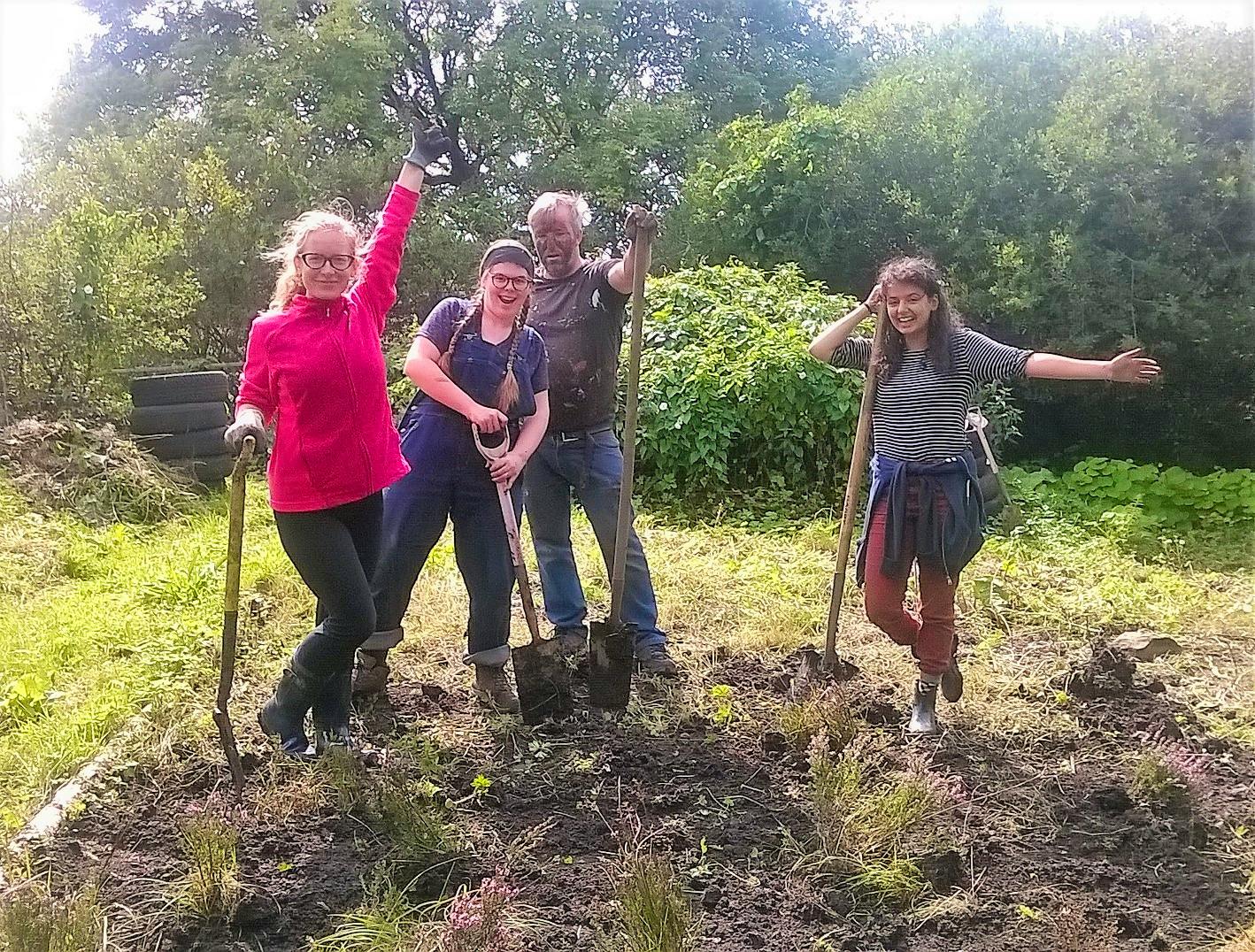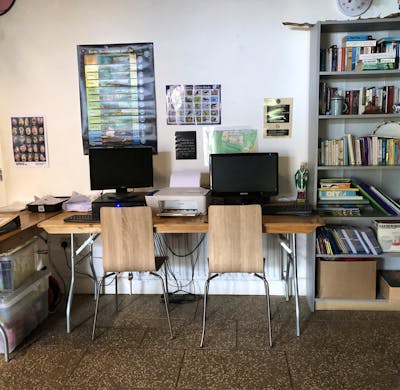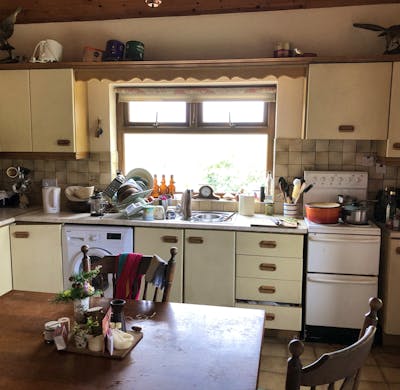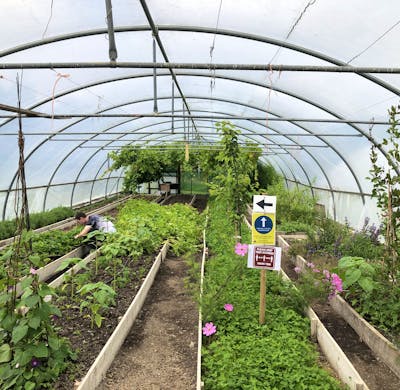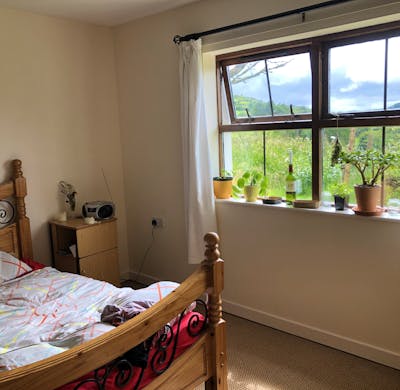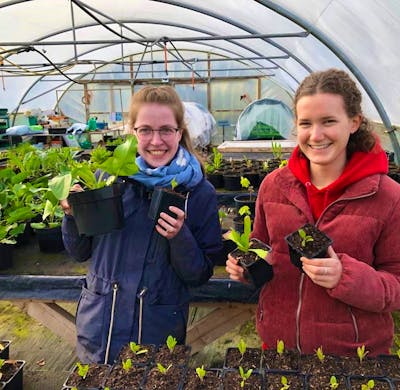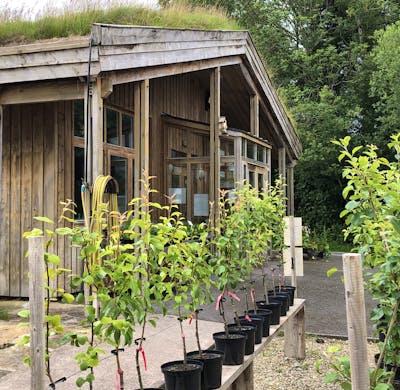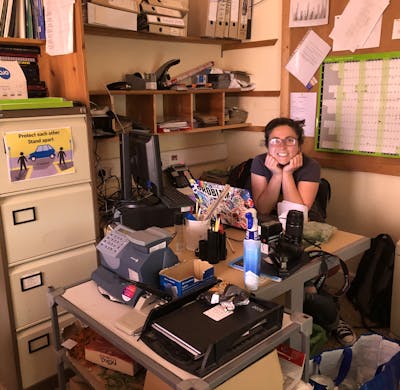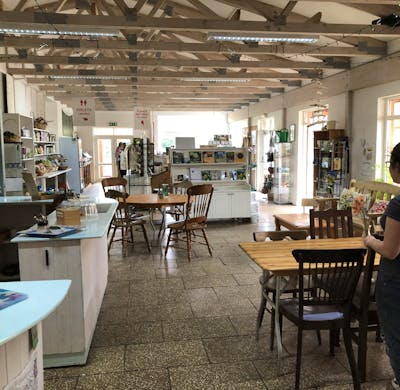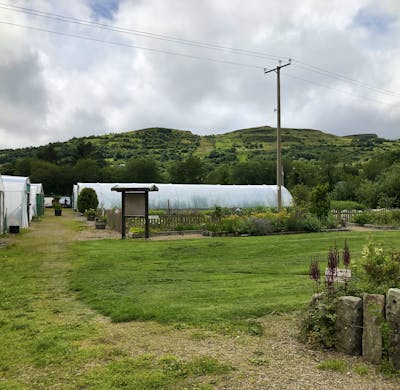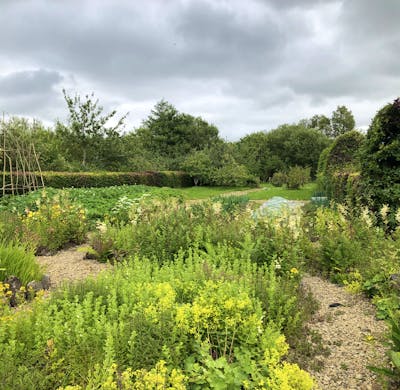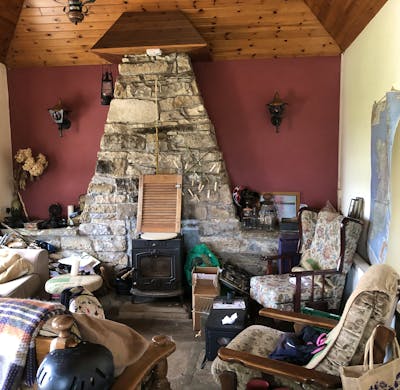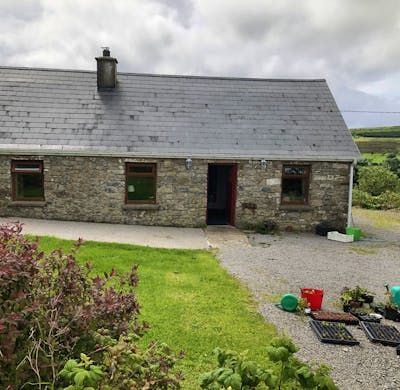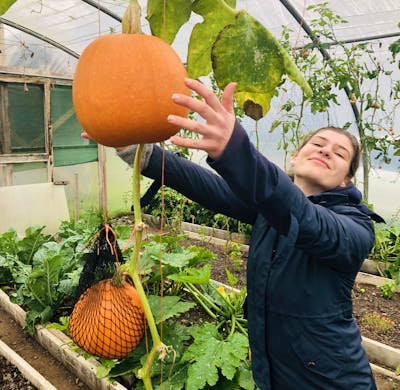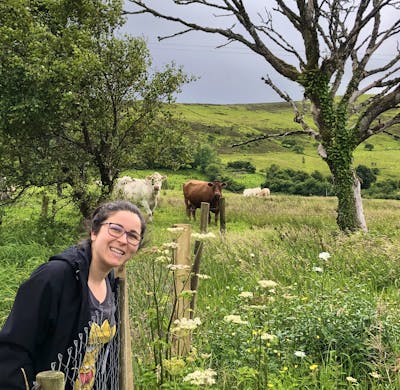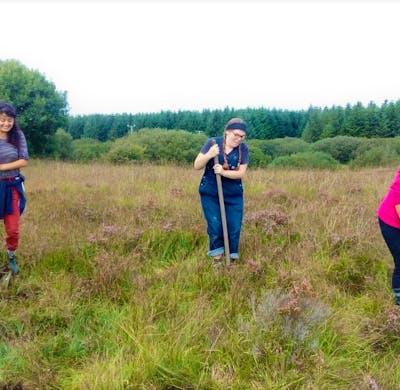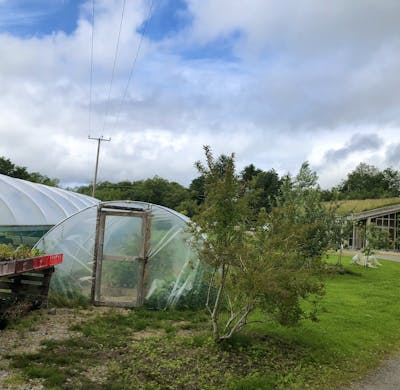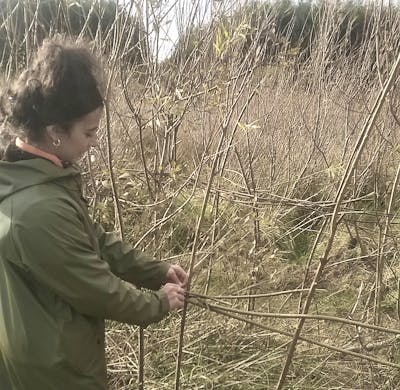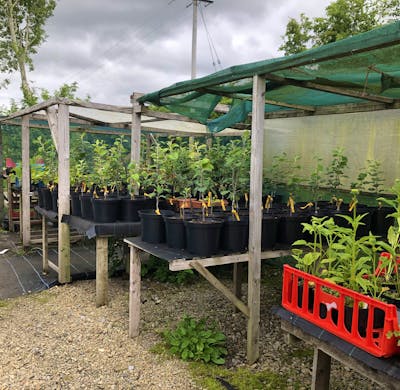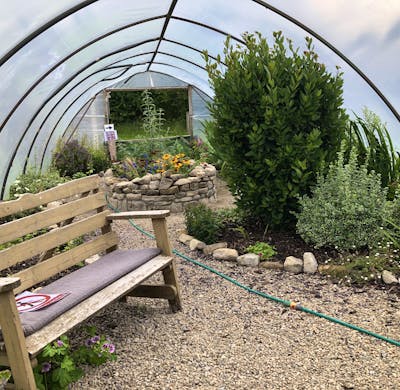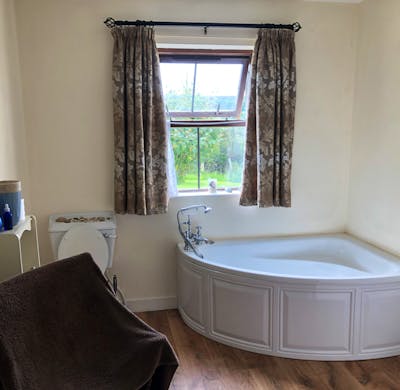from 1,795€
Eco-Centre: help and work towards sustainability
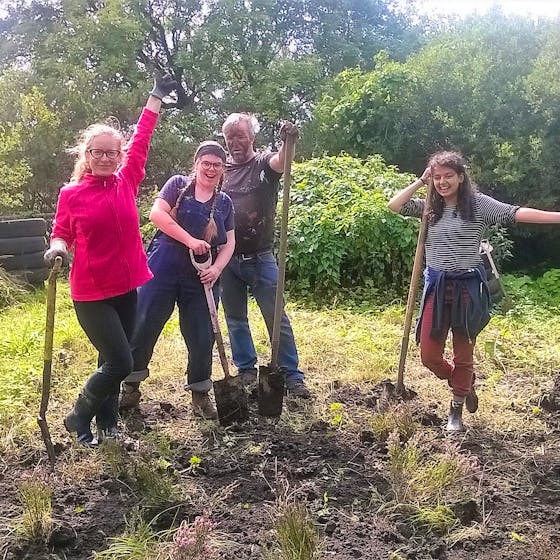

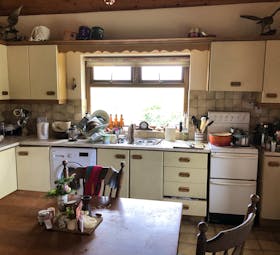
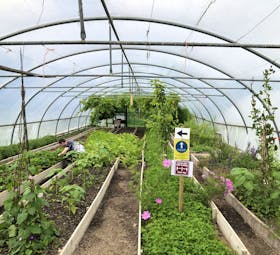
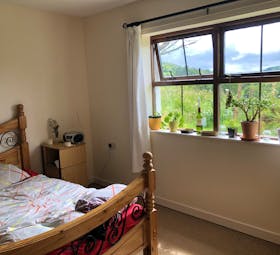
Highlights
- Immersion in an a dynamic Eco-Centre project in rural Ireland
- Living within a group of international volunteers
- Highly experienced staff members
- Diversity of activities and learning opportunities
- Visit the wild west of Ireland with its natural wonders during your free time
Especially suitable
About the program
Support a non-profit Eco-Centre within a team of international volunteers and immerse yourself in the magical West of Ireland. A unique way to experience Ireland!
CTL collaborates with two Eco-Centre located in the West of Ireland
FIRST ECO CENTRE
The Eco-Centre is a non-profit organisation and registered charity focusing on ecology and sustainability. It located in a rural area surrounded by green hills and near a large lake in a beautiful region in the North ...
Typical day
Subject to change:
8.30 Breakfast
9.30 Volunteer work starts (hours are flexible)
13.00 Lunch break
14.00 Volunteer work continues
16.30 Volunteer ends
Free time with other international volunteers (walks, games, chat, reading etc.)
Dinner
Free-time activities
Requirements
What's Included
What's NOT included?
Details on arrival
2024 Start Dates (arrival dates)
January 8th
January 29th
February 19th
March 11th
April 8th
April 29th
May 20th
June 10th
July 1st
July 15th
July 29th
September 9th
October 7th
November 4th
Arrival in Cork airport:
Participants are picked up by a driver who will be waiting with a sign displaying the participants’ name. Participants are transferred to a hostel, located in Cork city centre.
Arrival at different airport
Volunteers who arrived at a different airport (Dublin, Shannon, Kerry, Waterford) need to make their own way to Cork. It is very easy to join Cork city from Dublin airport as there are buses from just outside the arrival terminal in Dublin that go directly to Cork city centre. Detailed information on transfers to Cork will be provided by CTL Ireland.
First day and Overnight in Cork city
Volunteers stay at a pre-booked hostel for their first night in Cork city. The hostel is located in the city centre, a very short walk from all the shops and attractions of the city. After checking in, participants have some free time to rest and to discover Cork city. A welcome dinner is generally organised on the first night.
Second Day: Orientation
On the morning of their second day, participants will take part in a comprehensive orientation workshop which lasts 3 to 4 hours followed by a walking tour.
Third day: Transfer to Host Community
Participants are transferred to their project by public transportation (bus or train)
Please note: The information on arrival and orientation is subject to change as we might modify the programme to follow public health guidelines.
Program fees
Meet your organization
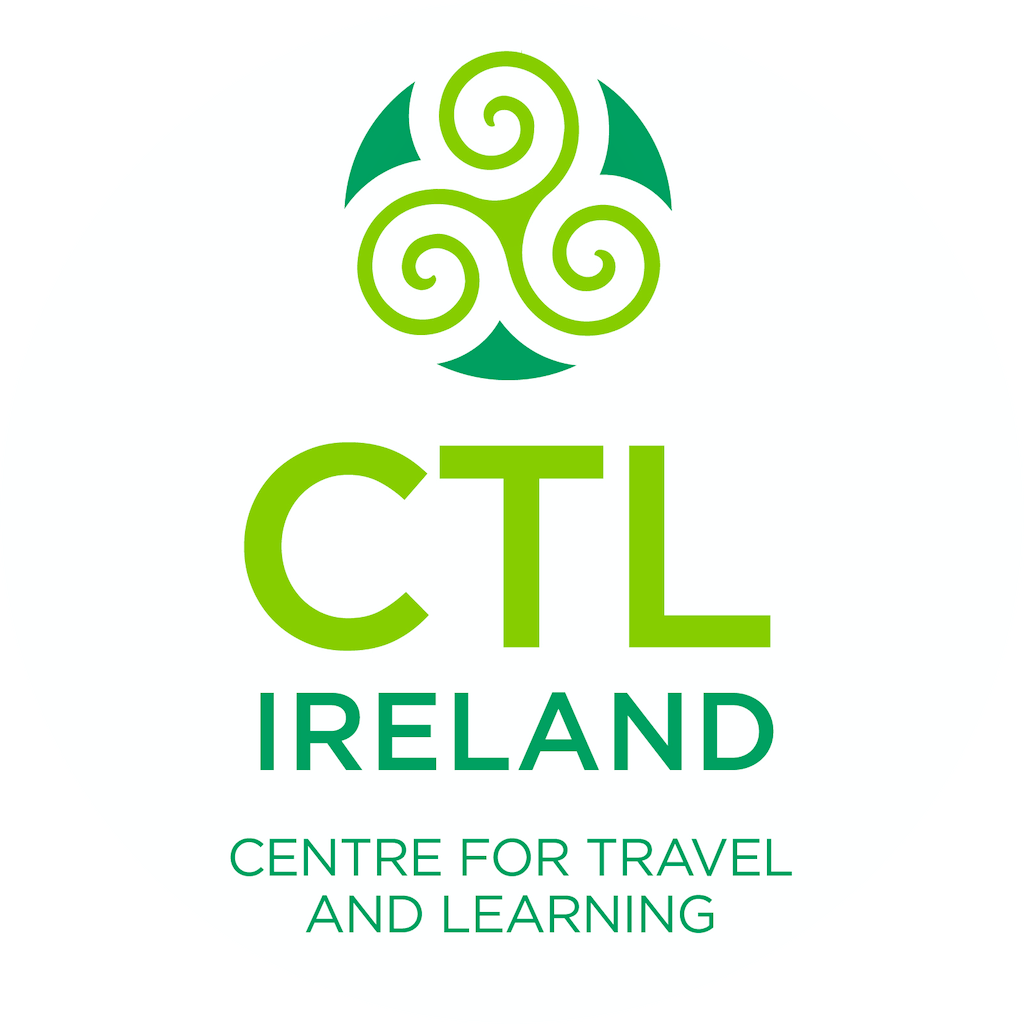
CTL Ireland
Agency - founded in 2017
Verified by Volunteer World
Coordinated by
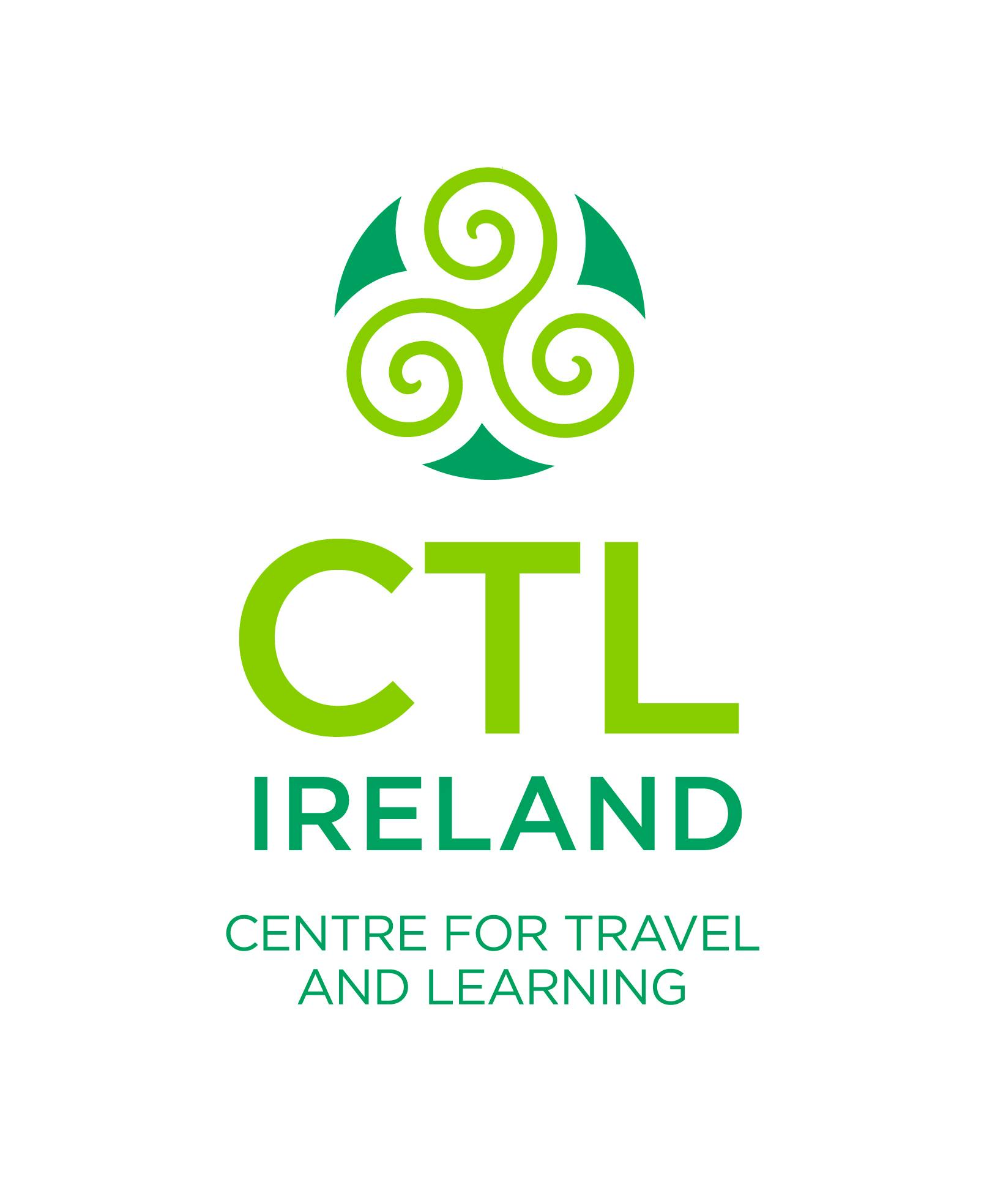
Mallory
About the project
14 reviews ·  4.6
4.6
Location

You might also be interested in
-
Nature Volunteering
Best Volunteer Programs
Global Volunteer Opportunities
Couples
Voluntouring
Adults
Farming
Volunteer Trips for College Students
Projects Abroad
